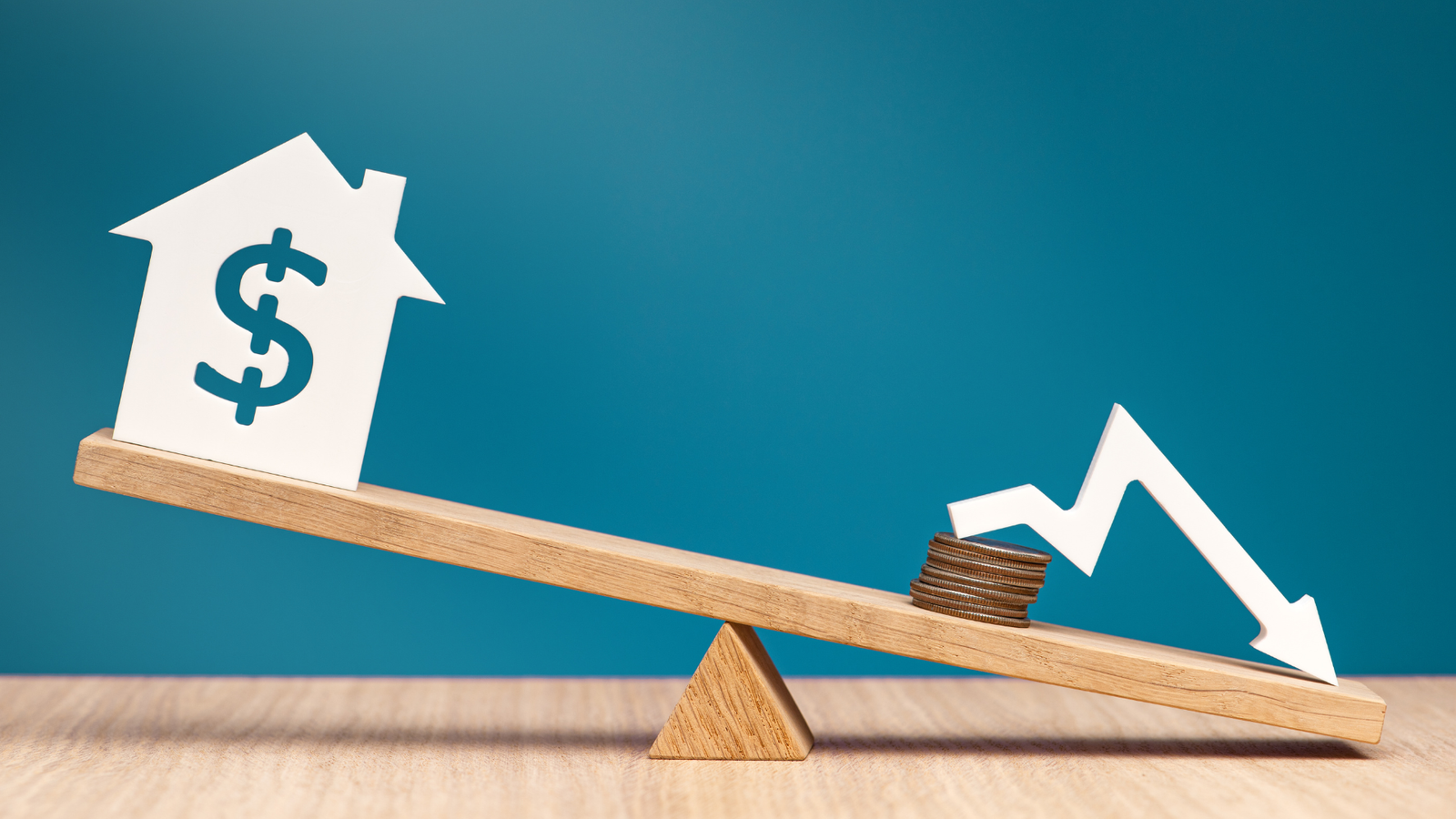
When you’re buying your first home or reviewing your mortgage, one of the biggest questions you’ll face is:
Should I fix my rate or go floating?
In 2025, with interest rates slowly easing and buyer confidence returning, it’s more important than ever to understand how each option works – and what’s best for your situation.
Here’s a straight-up look at the pros, cons, and key differences between fixed and floating mortgage rates in New Zealand right now.
What’s the Difference Between Fixed and Floating Rates?
Fixed Rate Home Loans
With a fixed rate, your interest rate stays the same for a set period – typically 1 to 5 years. That means your repayments don’t change, no matter what happens to market rates.
Great for:
✔️ Certainty and budgeting
✔️ Protection if interest rates go up
Not so great for:
❌ Making extra repayments without penalty
❌ Flexibility to restructure your loan
Floating Rate Home Loans
A floating (or variable) rate moves up or down depending on market conditions and the Reserve Bank’s Official Cash Rate (OCR). Your repayments can change at any time.
Great for:
✔️ Flexibility – easy to make lump sum repayments
✔️ Ability to pay off loan faster if rates drop
Not so great for:
❌ Less certainty – your repayments can go up
❌ Usually higher interest rates than fixed
What’s Happening with Interest Rates in 2025?
In early 2025, interest rates have started to ease after a few tough years of high OCR increases. Floating rates remain higher than many short-term fixed rates, but banks are showing more competition – especially on 1-year and 2-year fixed terms.
For first-home buyers and current homeowners, this means more options and more decisions to make.
So, Which One Will Save Me More in 2025?
Fixed Rates Could Save You More If:
Example: A 2-year fixed rate around 6.7% could be cheaper than today’s floating rate over the same period – especially if the OCR doesn’t drop quickly.
Floating Rates Could Save You More If:
Tip: Floating rates are great for topping up your home loan or if you’re in a short-term situation – but they’re usually more expensive day-to-day.
Why Some People Do Both: Split Loans
More and more Kiwis are choosing to split their mortgage between fixed and floating.
You might fix 80% for stability and keep 20% floating to make extra repayments.
It’s a smart way to balance certainty with flexibility — especially if you’re expecting a pay rise, bonus, or want to make extra contributions from time to time.
What’s Right for You?
There’s no one-size-fits-all answer. The best setup depends on your:
This is where a good adviser matters. A bank will only show you their options. But our Better Choice Team will walk you through all the choices across multiple lenders – and help structure your loan in a way that actually works for your goals.
Final Thought: Don’t Pick Based on Headlines Alone
The “cheapest” rate isn’t always the best deal. Sometimes a slightly higher rate with more flexibility can save you more in the long run.
That’s why it pays to talk to someone who’ll look at your full financial picture – not just plug numbers into a calculator.
Book a Free Home Loan Consultation Call
Thinking about fixing, floating or splitting your home loan?
We can help you make a clear, confident decision – and save you serious money over time.
Book your free session today – it’s no-pressure and completely tailored to you.